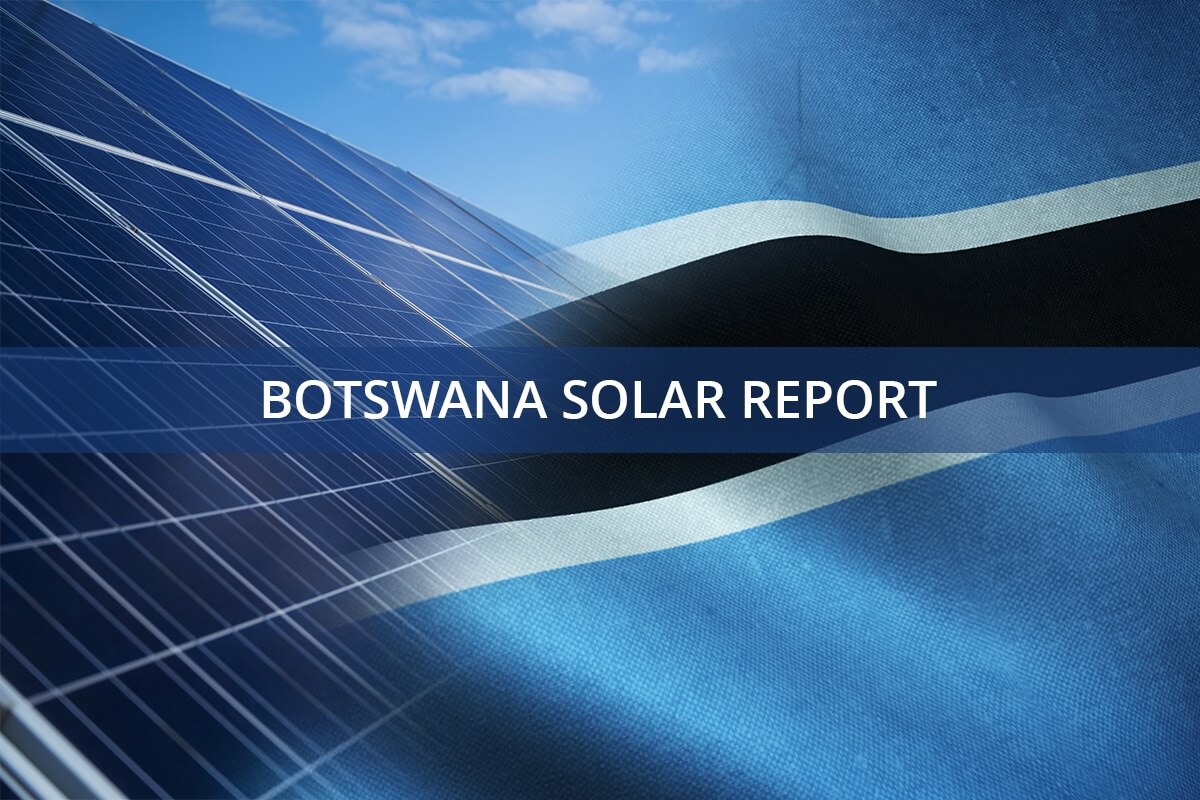Botswana solar energy growth and government support
Botswana’s solar energy market is on the verge of a transformative growth phase, with projections indicating a 20% annual surge from 2023 to 2033. This expansion is expected to propel the market from a valuation of US$ 854 million in 2023 to an impressive US$ 5,286.8 million by 2033. The driving forces behind this growth are robust government support, competitive solar resources, and a heightened demand for renewable energy.
The government of Botswana has been proactive in fostering solar energy development through various policies and incentives, notably the Renewable Energy Feed-in Tariff (REFIT) program. This initiative is designed to attract private-sector investment into renewable energy projects. Furthermore, Botswana has set ambitious goals for renewable energy, aiming to generate 5% of the nation’s electricity from renewable sources by 2025.
With over 320 sunny days annually, Botswana is ideally poised to harness solar energy. This natural abundance positions solar power as a competitive alternative to costly imported fossil fuels. As environmental consciousness rises among businesses and consumers, the demand for renewable energy is poised to ascend further.
Key drivers of Botswana solar energy growth
The growth of Botswana’s solar energy market is fueled by its abundant solar resources and increasing electricity demand. The quest for sustainable energy solutions among businesses and households positions solar power as an attractive option. The decline in the costs of solar panels and batteries further catalyzes market growth, rendering solar energy more accessible to a broader population.
Botswana’s regulatory framework is conducive to solar energy development, with streamlined processes for obtaining permits and licenses. This supportive environment is evident in the government’s ambitious targets and policies. For more on investment opportunities in Botswana’s solar energy market, you can explore the Renewable Energy Feed-in Tariff program, which offers enticing incentives for private-sector engagement. This makes Botswana an appealing hub for solar energy projects.
Challenges and opportunities in Botswana solar energy growth
Despite the promising outlook, Botswana’s solar energy market encounters challenges such as high initial costs, limited financing options, and inadequate grid infrastructure. However, these obstacles also pave the way for innovation and collaboration. For example, the development of microgrids and energy storage solutions can effectively address infrastructure limitations and enhance energy access in remote regions.
As the market progresses, significant opportunities arise for businesses and investors. The expansion of solar energy projects is expected to generate employment, diminish Botswana’s dependence on imported fossil fuels, and contribute to the country’s energy autonomy. Moreover, the environmental benefits of solar energy align with global efforts to combat climate change, positioning Botswana as a renewable energy leader in Southern Africa.
Botswana’s solar energy market is set on a rapid growth trajectory, bolstered by government support, abundant solar resources, and a growing demand for clean energy. While challenges persist, the potential for investment and innovation is vast. As Botswana continues to enhance its solar energy infrastructure, it is poised to play a pivotal role in shaping the country’s economic and environmental future.

